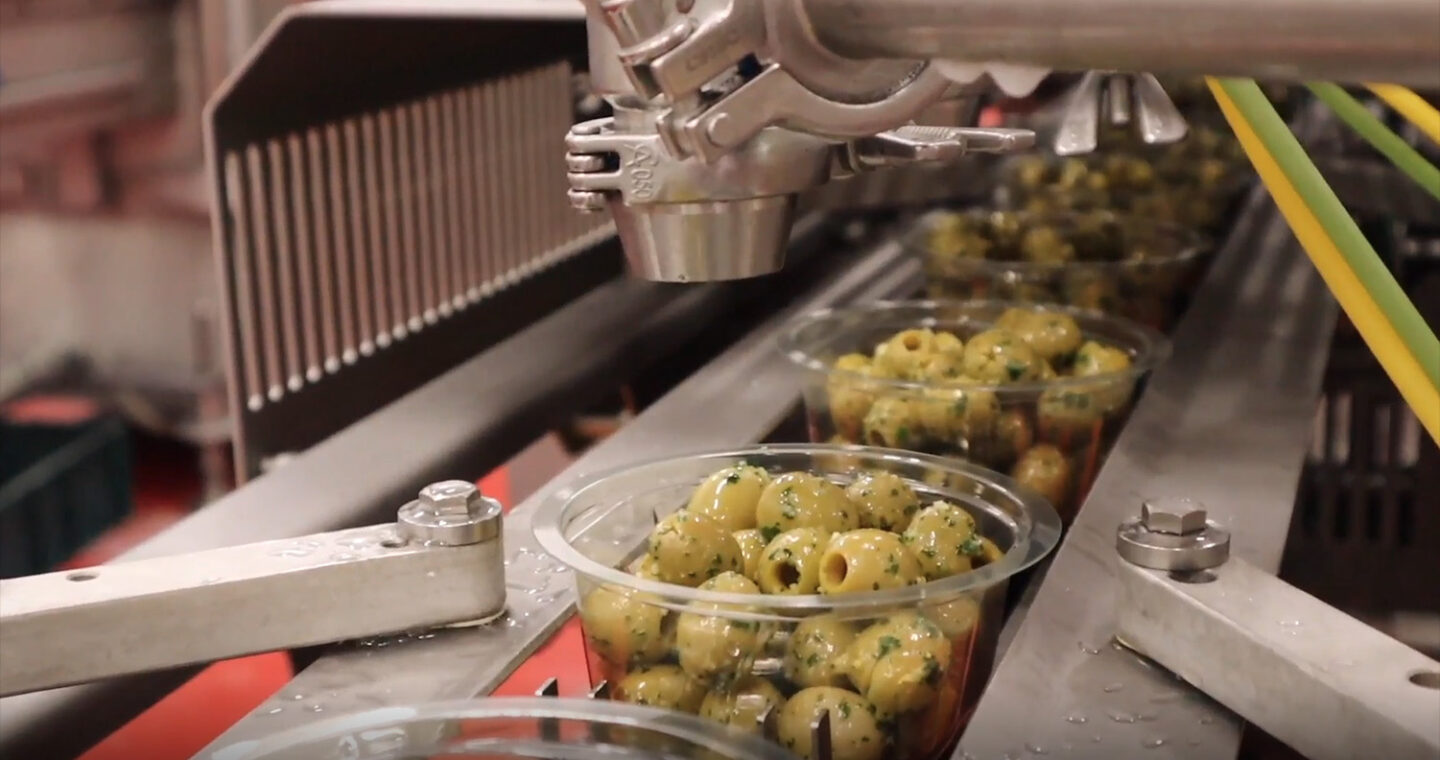
Understanding and embedding climate risk
Compleat relies heavily on imported ingredients, including olives – a core ingredient in our chilled product lines.
In 2024/25, as part of preparing for our annual Task Force on Climate-related Financial Disclosures (TCFD) report, we conducted a physical risk assessment to understand how climate change could affect our supply chain, particularly olive production, which is becoming increasingly unstable due to environmental pressures.
Olive cultivation in Mediterranean Europe and North Africa faces major climate-related challenges. Severe droughts, rising temperatures and the spread of plant diseases have sharply reduced yields. Spain, for instance, saw its olive oil output plummet by over half in just one season. Water scarcity is worsening, especially in Andalusia, where irrigation supplies have been drastically cut, further reducing olive quality and quantity. Meanwhile, the spread of Xylella fastidiosa bacteria has devastated olive groves in Italy and beyond, threatening long-term production and causing billions in damages.
These conditions have direct consequences for us. Supply shortages and rising prices – such as a 75% jump in EU olive oil costs – are already having an impact. Declining oil yields per olive also compromise product consistency. Long-term, climate impacts threaten the viability of traditional supply regions, which means we may need to rethink sourcing and invest in resilient practices.
At Compleat, we already have climate adaptation embedded into our ESG strategy, and climate risk exercises like this show us why. By embedding sustainability principles, sharing our TCFD report annually and collaborating closely with suppliers, we know we’re positioning ourselves to manage these risks effectively, contributing to a more resilient and sustainable food system.
